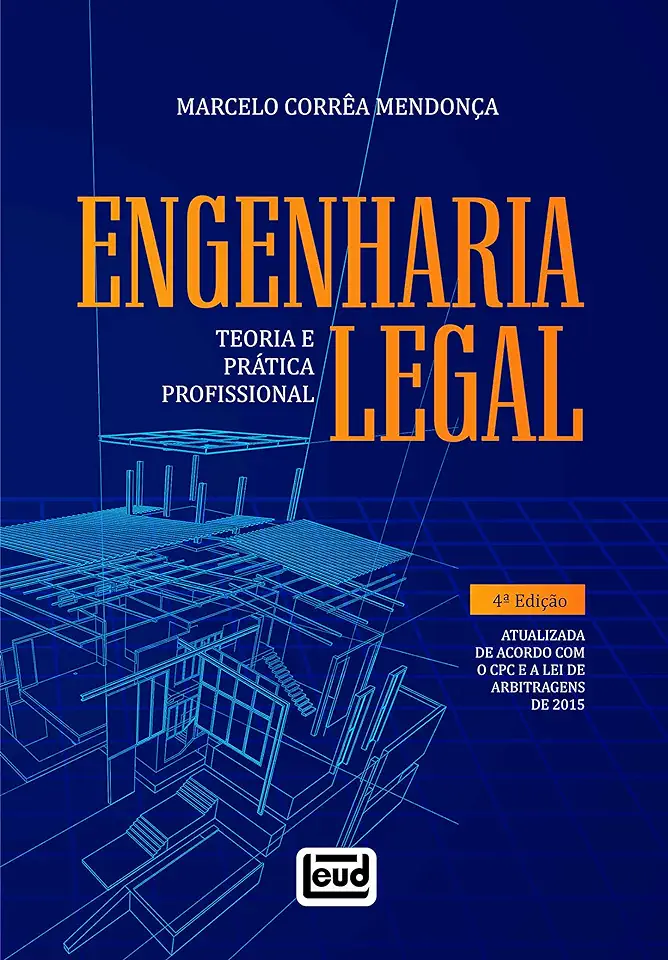
Legal Engineering - Theory and Professional Practice - Marcelo Corrêa Mendonça
Legal Engineering: Theory and Professional Practice
Overview
In "Legal Engineering: Theory and Professional Practice," Marcelo Corrêa Mendonça presents a comprehensive and thought-provoking exploration of the intersection between law and engineering. Drawing on his extensive experience as a legal engineer, Mendonça offers a unique perspective on the challenges and opportunities of using engineering principles to solve legal problems.
Key Concepts
Mendonça begins by introducing the concept of legal engineering, which he defines as "the application of engineering principles and techniques to the analysis, design, and implementation of legal systems." He argues that legal engineering is a valuable tool for lawyers, engineers, and other professionals who work in the legal field.
Mendonça then discusses the various ways in which engineering principles can be applied to legal problems. For example, he shows how engineers can use systems analysis to identify and mitigate risks in legal transactions, how they can use optimization techniques to design efficient legal processes, and how they can use simulation modeling to predict the outcomes of legal disputes.
Case Studies
Mendonça also provides several case studies that illustrate how legal engineering has been used in practice. These case studies cover a wide range of topics, including:
- The design of a new legal system for a developing country
- The development of a software program to automate the process of drafting legal documents
- The use of simulation modeling to predict the outcome of a complex legal dispute
Benefits of Legal Engineering
Mendonça argues that legal engineering offers a number of benefits over traditional legal methods. These benefits include:
- Increased efficiency: Legal engineering can help lawyers and other legal professionals to work more efficiently by automating tasks, streamlining processes, and reducing risks.
- Improved accuracy: Legal engineering can help to improve the accuracy of legal work by identifying and mitigating errors.
- Enhanced creativity: Legal engineering can help lawyers and other legal professionals to think more creatively about legal problems and to develop innovative solutions.
Conclusion
"Legal Engineering: Theory and Professional Practice" is a must-read for anyone interested in the intersection between law and engineering. Mendonça's comprehensive and thought-provoking exploration of this topic provides valuable insights for lawyers, engineers, and other professionals who work in the legal field.
Call to Action
If you are interested in learning more about legal engineering, I encourage you to purchase a copy of "Legal Engineering: Theory and Professional Practice" today. This book is a valuable resource for anyone who wants to stay ahead of the curve in the rapidly changing legal landscape.